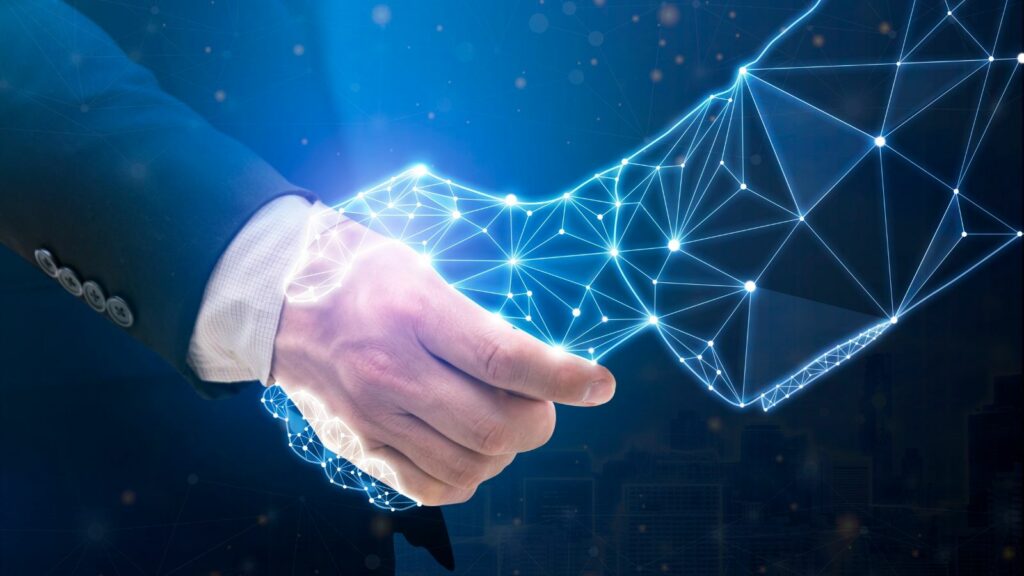Artificial intelligence (AI) has brought about many exciting changes in recent years as automation continues to advance. But, while AI is very innovative and progressive, it also comes with challenges. From job losses due to machinery to a lack of human contact, we look at 20 shocking facts about how AI is shaping the workforce.
AI Could Automate 40-50% of Jobs by 2030
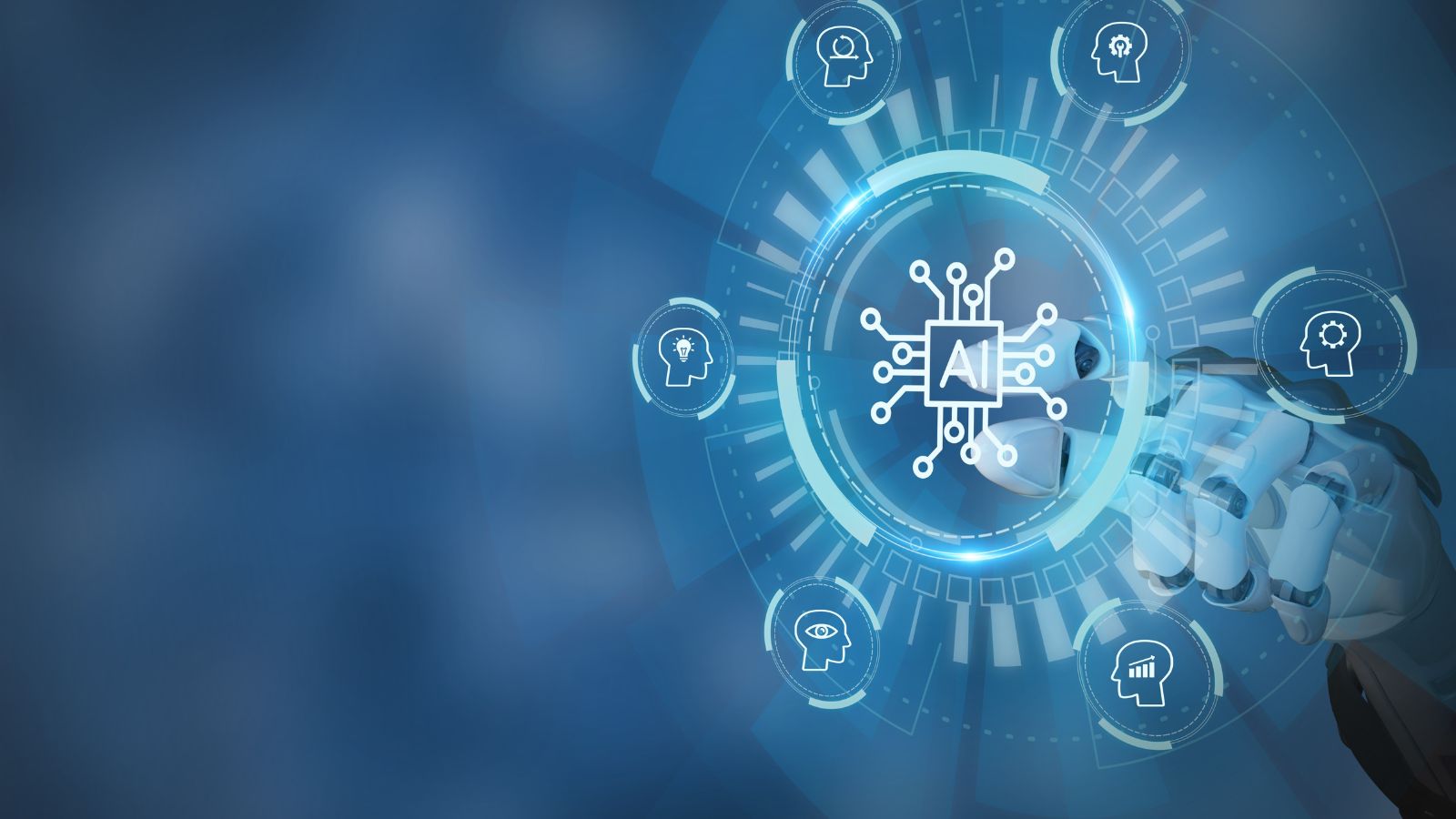
Experts predict that by 2030, nearly half of all jobs in various industries could be automated. This dramatic change will affect jobs at all levels, not just those that use manual labor as tasks like data entry, telemarketing, and even complex analysis can be handled by AI systems. The surge in job losses could see millions of workers having to find new roles or upskilling to industries not affected by AI.
70% of Workers May Need to Learn New Skills by 2030

As automation takes over more tasks, workers will need to reskill or upskill to remain competitive. Over the next decade, about 70% of employees will need to learn new skills in areas like coding, AI management, or data science. While the move to automation does present challenges, it also offers opportunities for workforce development and training.
AI Could Create Entirely New Job Categories

While AI will undoubtedly eliminate many jobs, it will also give birth to entirely new ones. Roles such as AI ethicists, machine learning trainers, and data curators will become more common. These jobs need specific expertise and understanding of AI systems, which opens up new career options for employees who are prepared to embrace new technology.
AI Will Power 95% of Customer Interactions by 2025
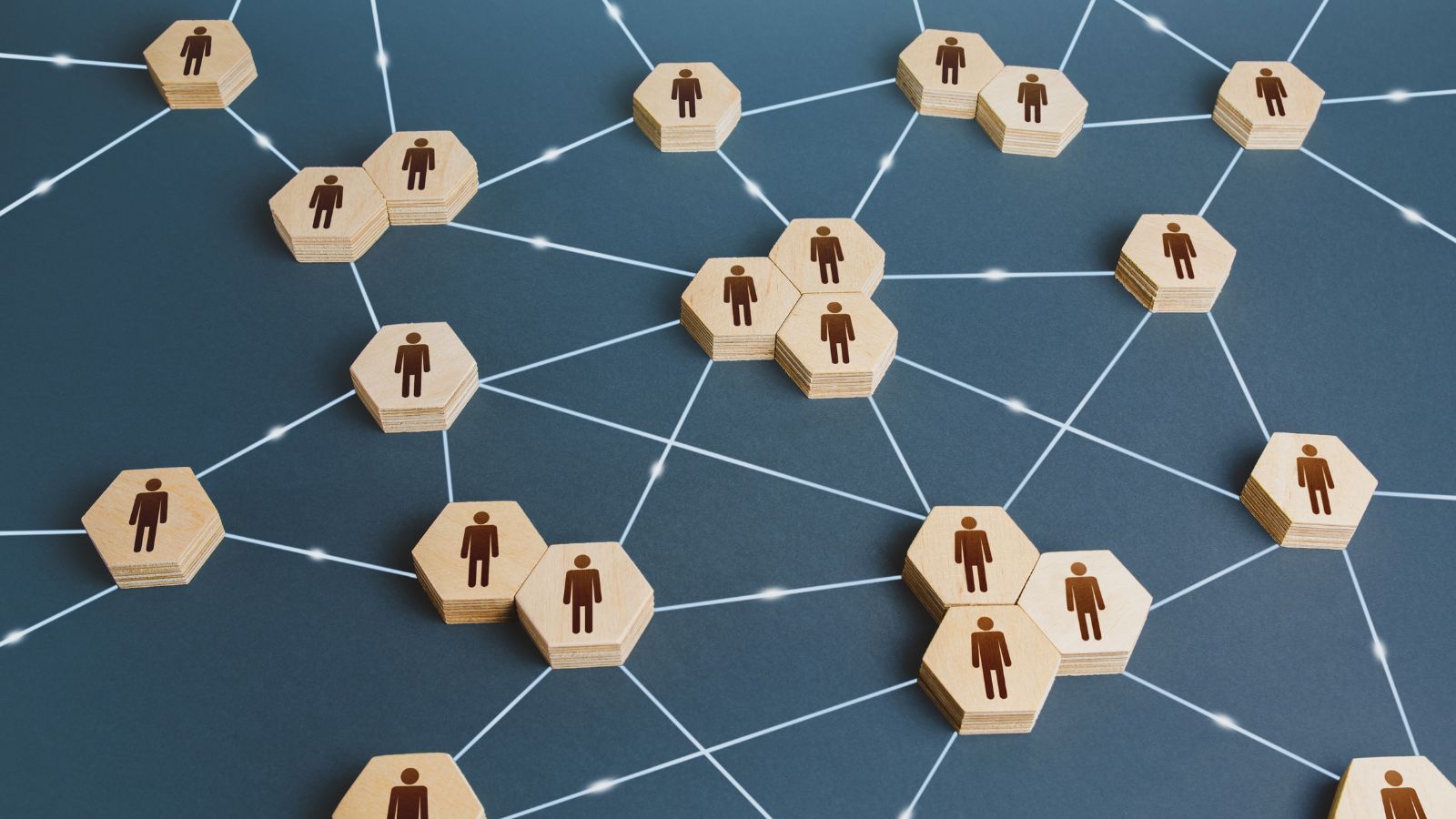
In the customer service sector, AI-powered chatbots and virtual assistants are already replacing human workers. Up to 95% of customer contacts, including responding to questions and handling complaints, are expected to be handled by AI by 2025. Chatbots can increase productivity, but they can eliminate the need for customer support positions, particularly those that do simple duties like responding to often asked inquiries.
AI May Replace Human Drivers

Self-driving technology is becoming popular and its impact on the transportation industry could be significant. Automated cars and vehicles are expected to replace millions of drivers in sectors like trucking, taxis, and delivery services over the coming years, although there are still lots of safety concerns to overcome.
AI Could Perform Medical Checks
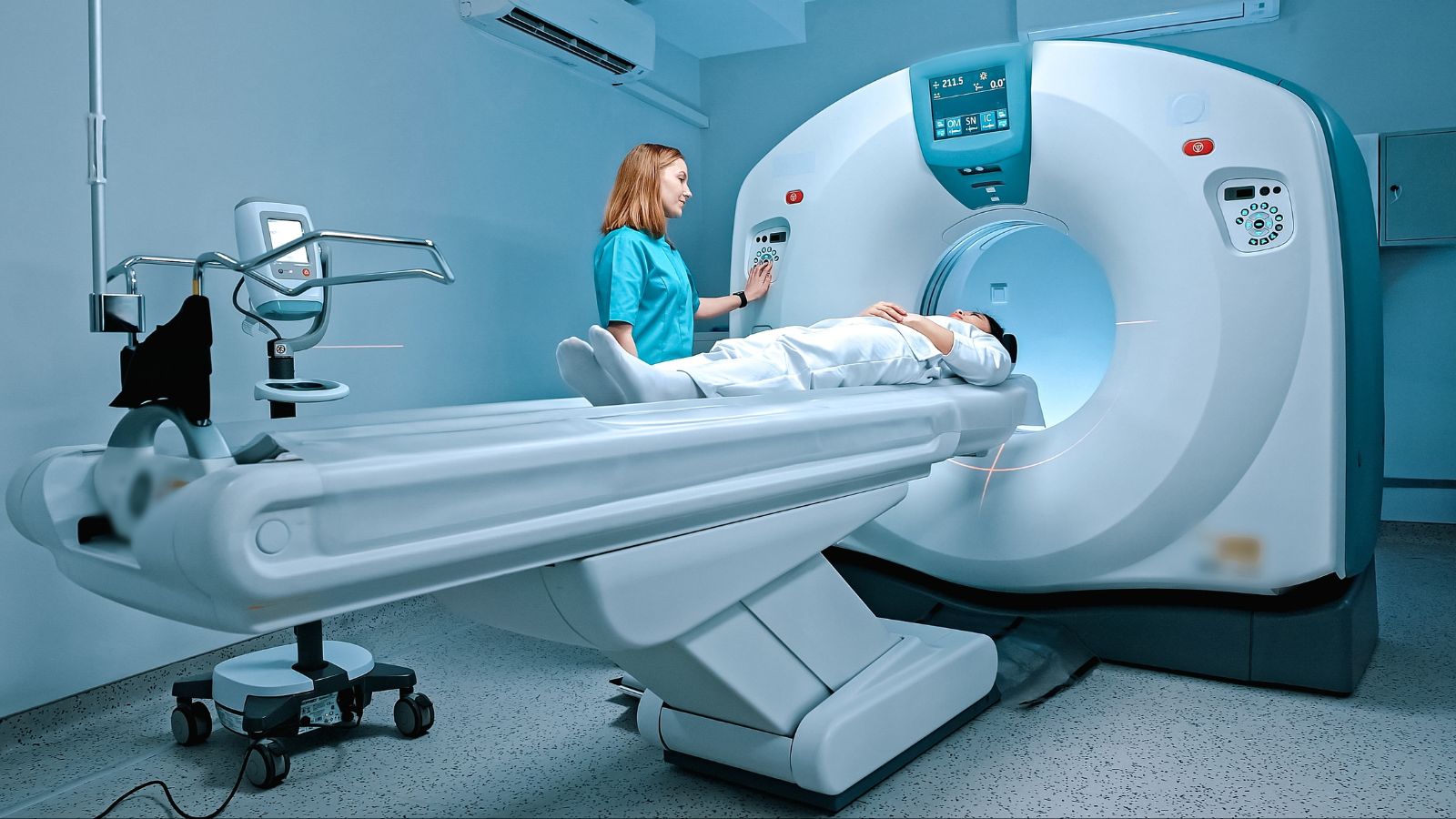
AI is already making an impact in healthcare, with machine learning algorithms analyzing medical data and making diagnoses using similar skills to doctors. AI is also outperforming even human doctors in detecting conditions like cancer, with recent trials to detect breast cancer proving successful. It’s unlikely that doctors will be completely replaced, but AI is set to change how healthcare is delivered in the future.
AI Could Lead Job Market Inequality

The growing reliance on AI is creating unequal opportunities in the job market, with skilled workers in fields like data science and robotics benefitting from the demand for their expertise. But, workers in lower-skilled, repetitive jobs may face long-term unemployment or wage stagnation as AI can do their jobs quicker and with lower costs.
AI Will Transform Creative Industries

Creative fields, such as music, art, and writing, are also facing disruption as AI can generate artworks, compose music, and write news articles. While artists may still hold a unique creative edge, AI tools are already being used to replace human labor so there’s likely to be a more collaborative approach taken in the future.
AI Will Likely Increase Income Inequality

The rapid adoption of AI will likely concentrate wealth and job opportunities in the hands of a few individuals and organizations. Those with access to AI technologies and the knowledge to leverage them will thrive, while many workers, particularly in low-skilled sectors, may find themselves displaced or underpaid. This could exacerbate the already widening gap between the rich and poor.
AI Can Outpace Human Workers

AI is designed to perform tasks faster and more accurately than humans, whether it’s simple data processing or complete business analysis. As AI systems continue to improve, they’ll be able to handle more complex tasks, making it harder for humans to compete in some industries.
AI Could Improve Quality

The impact of AI on employment is not simply about job losses, it’s about a fundamental shift in how we work. As AI takes over routine and dangerous tasks, human workers can focus on more strategic and innovative tasks. An example of this can be seen in manufacturing, with collaborative robots improving both productivity and safety while reducing the physical burden on human workers.
AI Will Grow The Gig Economy
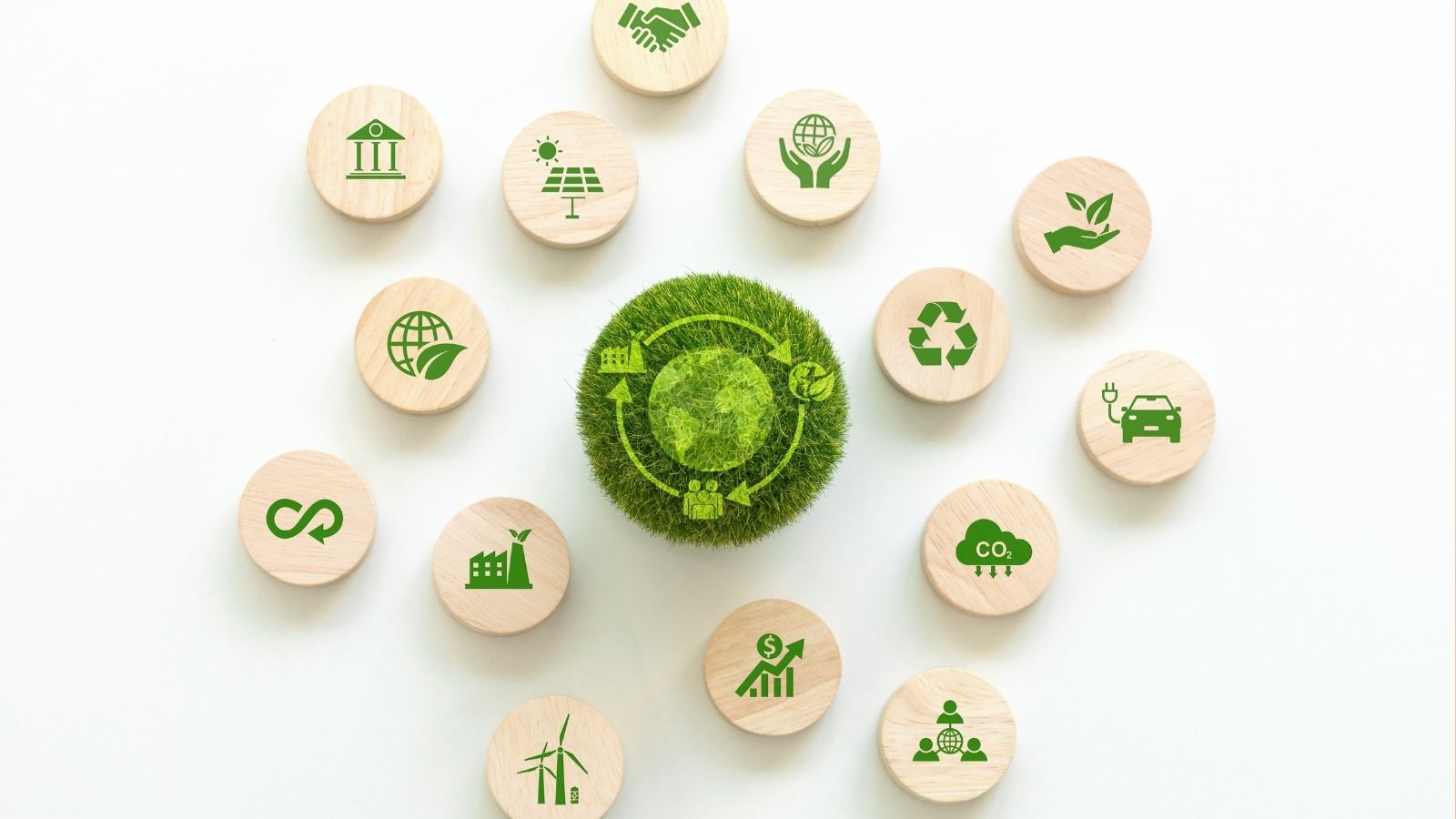
AI is set to play a significant role in the expansion of the gig economy as platforms, such as food delivery services, are powered by AI to help match workers with the best jobs. But, AI platforms may come at the cost of job stability and benefits, which are typically only offered in traditional full-time roles.
AI Could Improve Workplace Surveillance
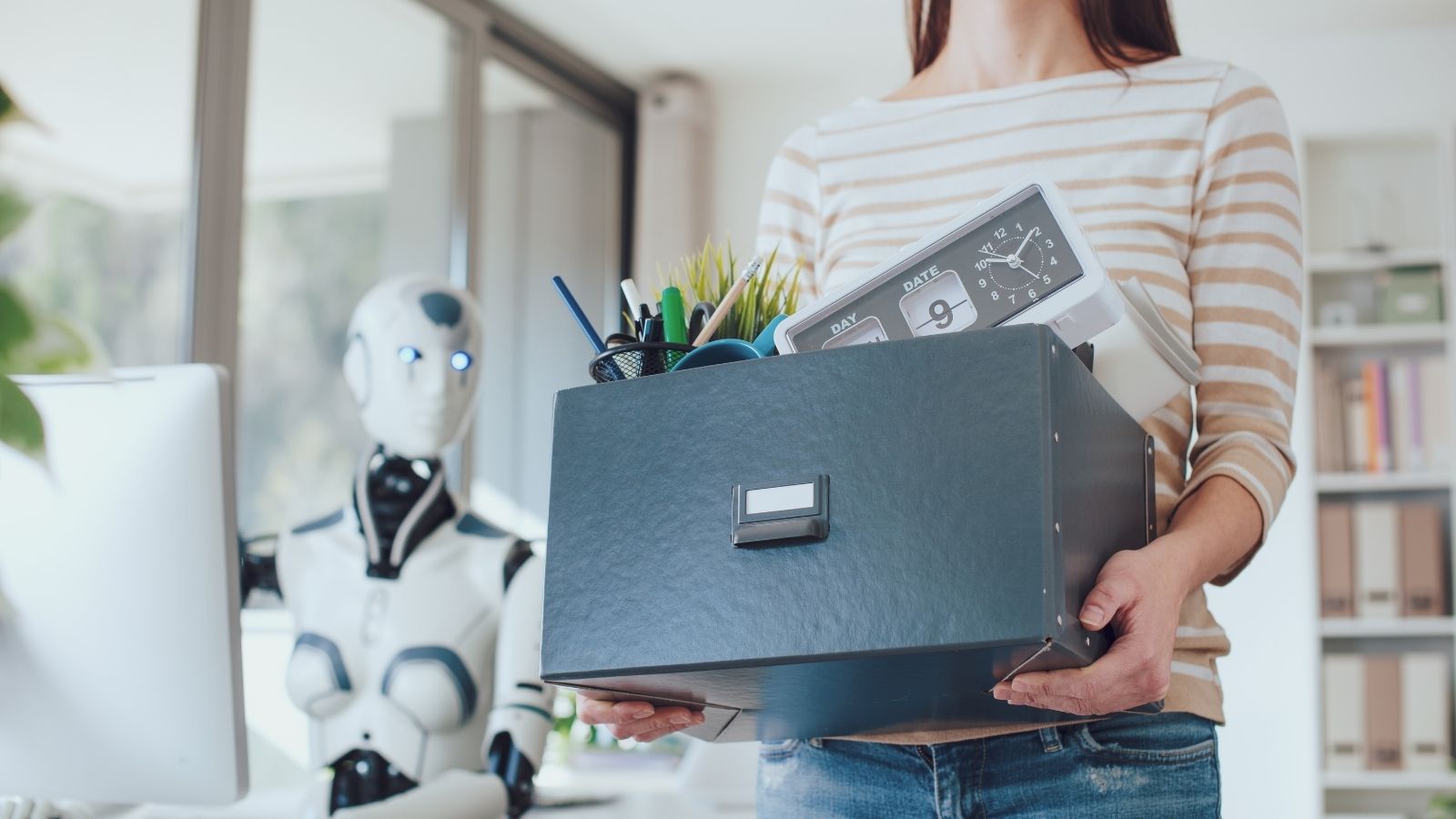
AI-driven tools are able to track employee productivity in real-time, with companies using technology to monitor workers’ performance and attendance. While AI tools could improve efficiency, they also raise concerns about privacy, worker rights, and the creation of an authoritarian work environment.
AI May Help Solve Labor Shortage in Aging Populations
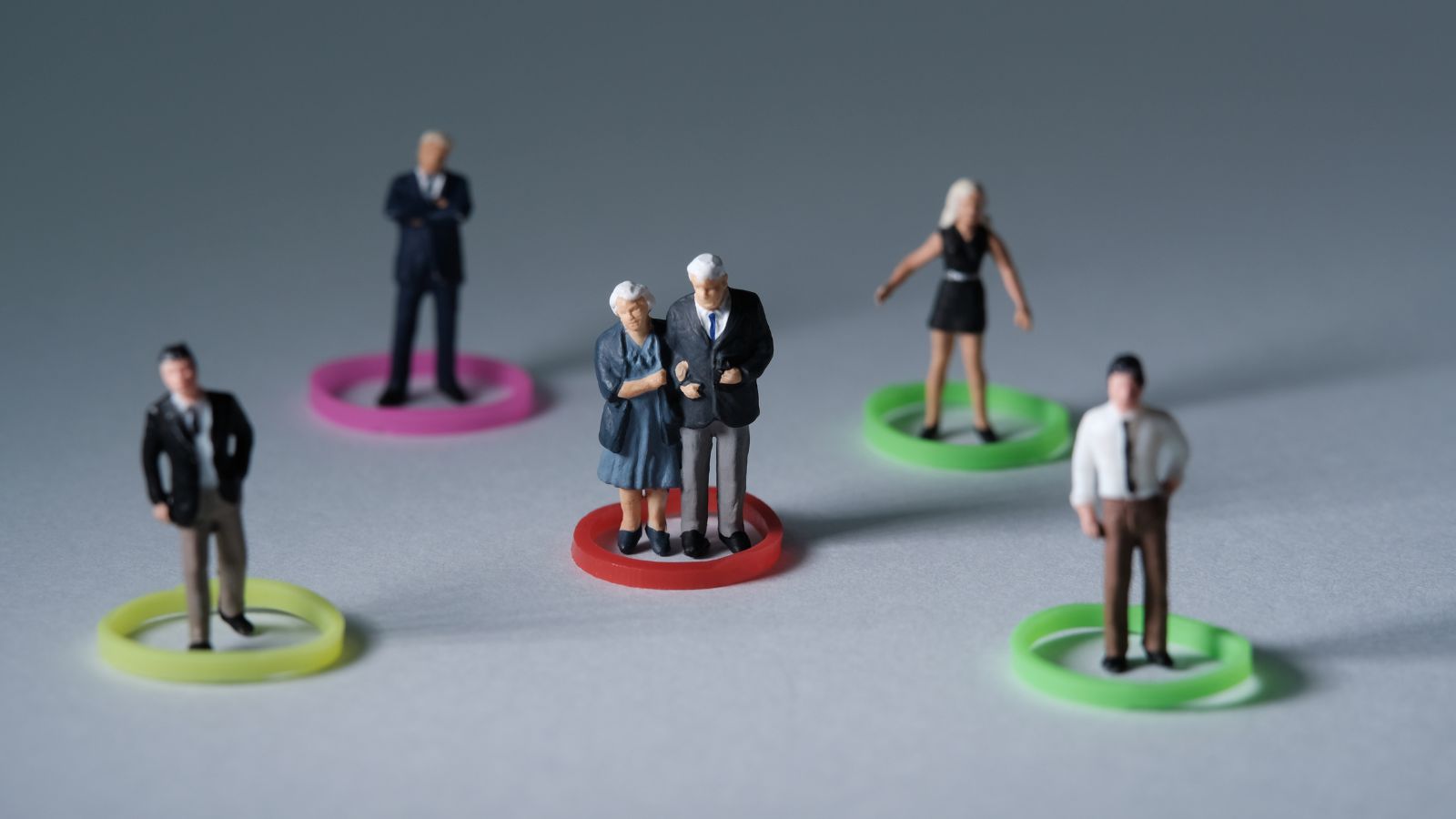
As populations in many developed countries age, there will be an increasing shortage of workers to fill critical roles, especially in healthcare and eldercare. AI-powered robots and systems could step in to fill these gaps, providing support to older populations and helping caregivers manage their workloads.
AI Could Reduce the Need for Middle Management
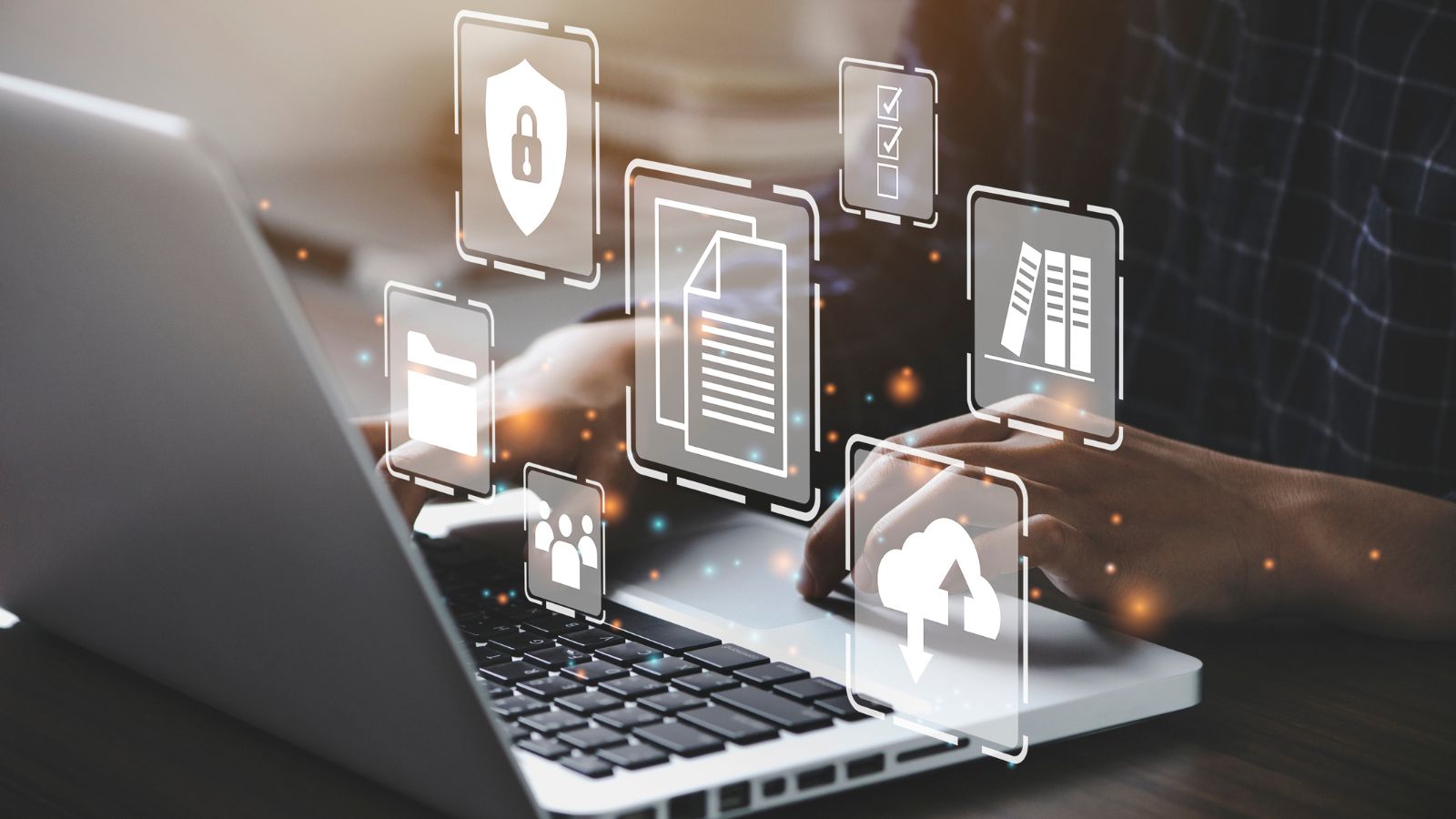
In many organizations, AI will improve decision-making and streamline workflow efficiency, possibly leading to the reduction of middle-management positions. AI-driven analytics can provide real-time insights and recommendations, allowing leaders to make more informed decisions without needing as many managerial layers.
AI Will Reshape Education and Training
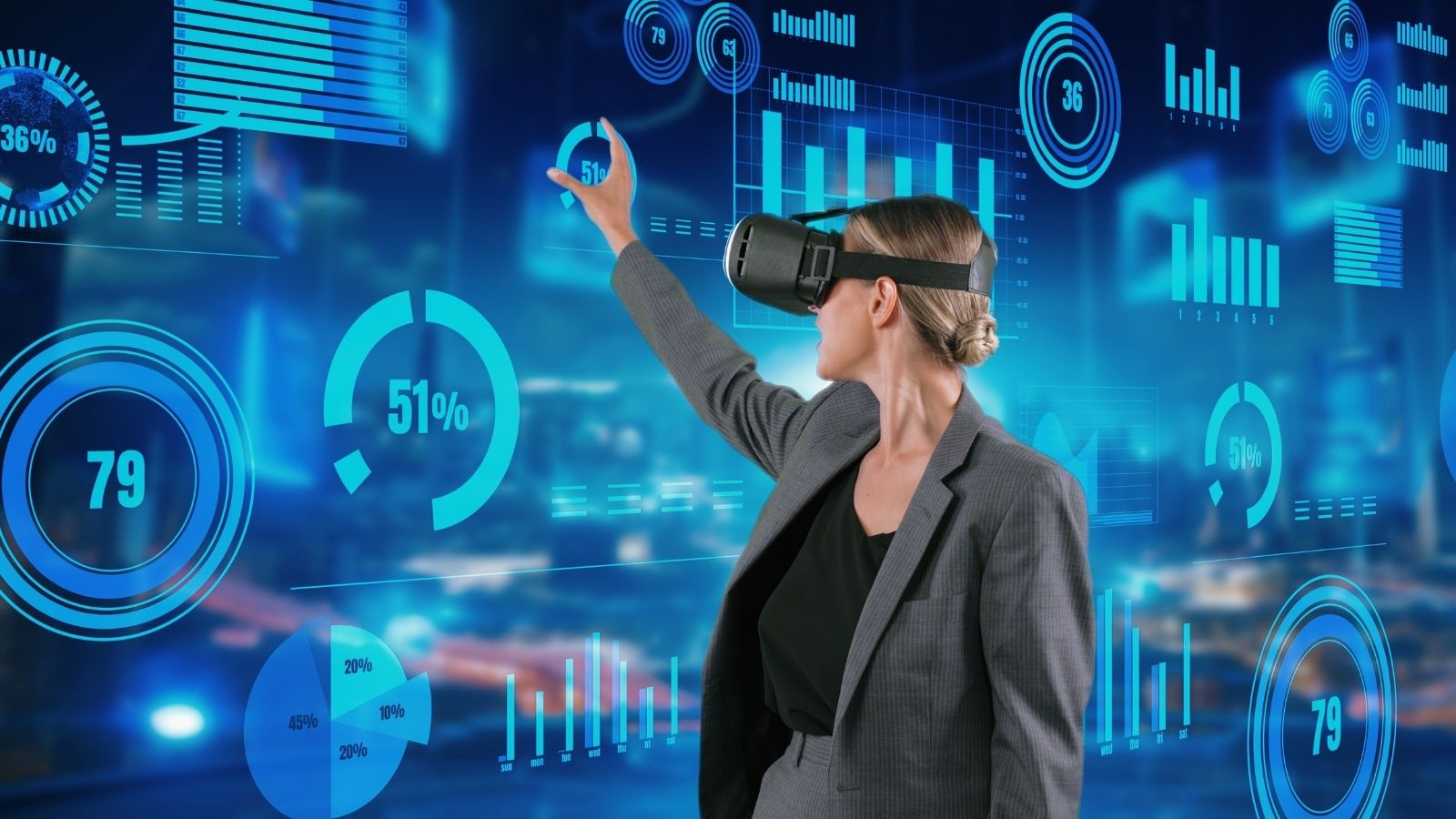
To prepare students and workers for the future of work, AI offers powerful tools for personalized learning. AI-driven platforms will provide tailored education for students, ensuring they develop in-demand skills. Workers, too, will benefit from customized training programs that help them remain relevant in a constantly changing job market.
AI Could Lead to Mass Unemployment
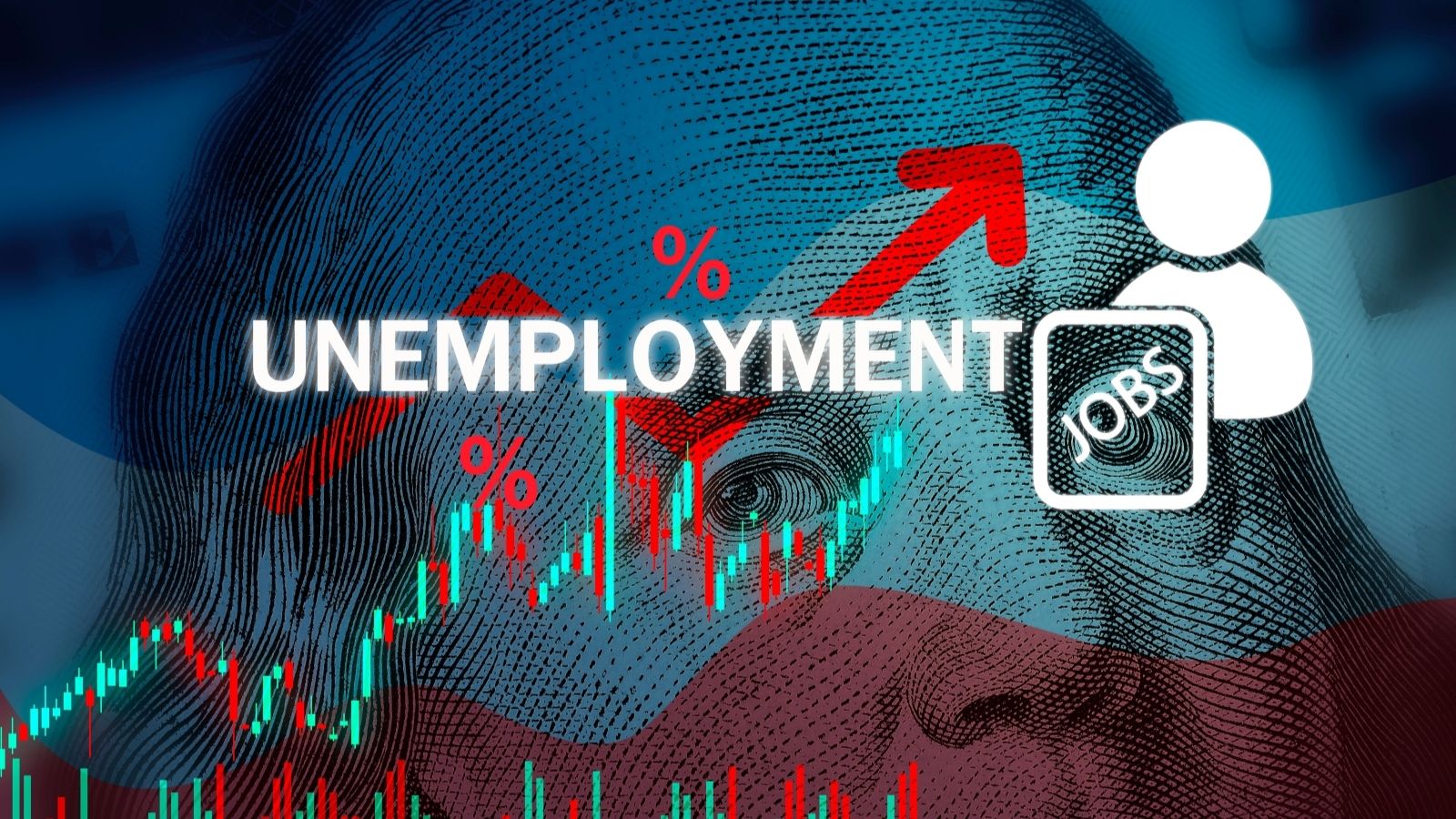
If AI continues to replace a large number of workers, there’s a possibility that it will cause widespread unemployment, particularly in low-skill sectors. The rapid pace of automation could also affect the ability to reskill, leading to a labor market crisis, in which governments and businesses will need to find solutions, such as universal basic income.
AI May Enhance Human Workers

While AI will automate many tasks, it is also likely to augment human work. AI can help employees in industries like healthcare, engineering, and customer service by delivering support, automating repetitive activities, and quickly supplying data. Instead of completely replacing workers, this collaboration between humans and AI will aid increase productivity and decision-making.
AI Could Make Show Recruitment Bias
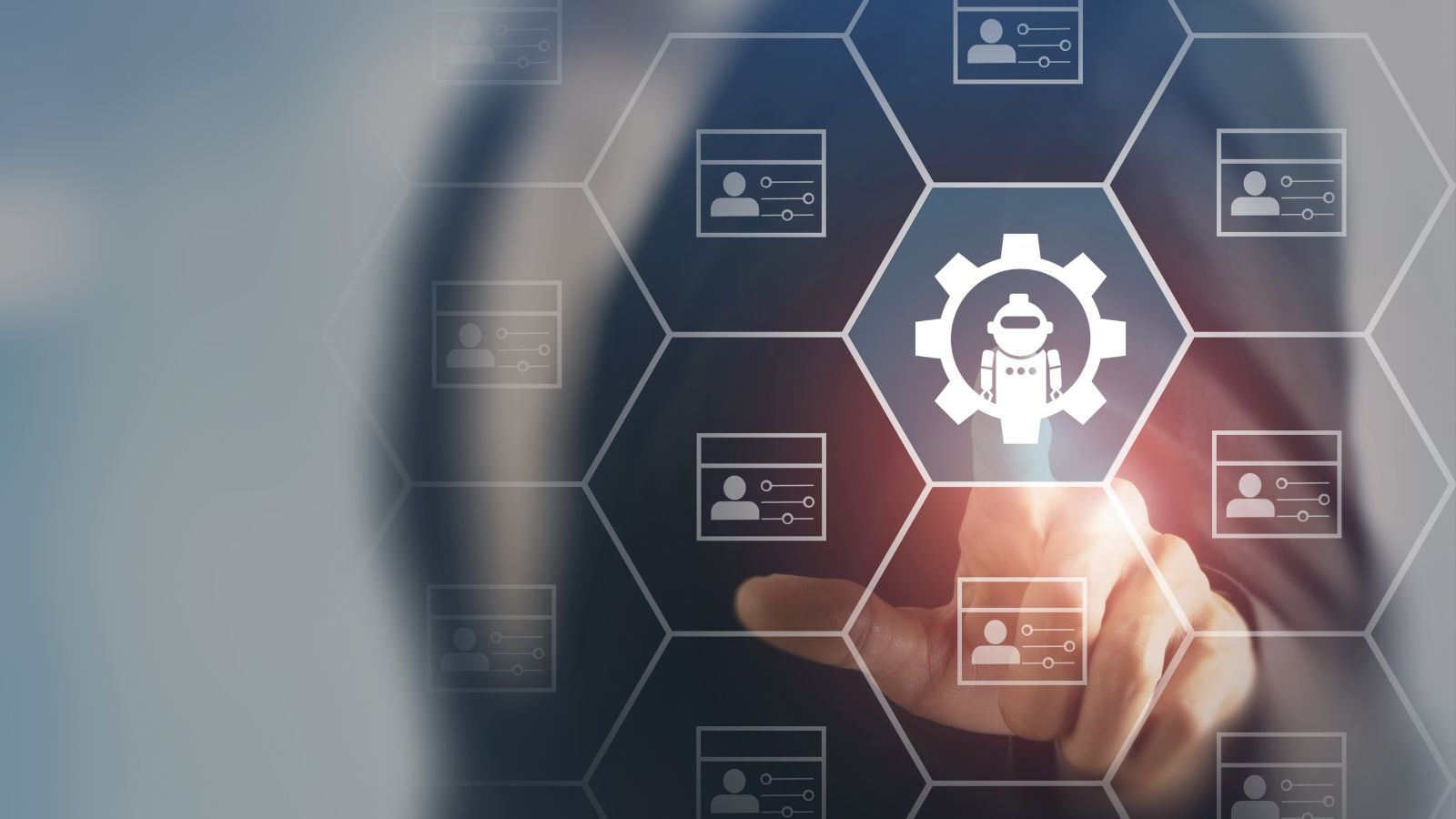
AI recruitment tools are being used to streamline the hiring process by analyzing resumes, and screening candidates. But, while AI tools can save time and money, they may also show bias in the hiring process if they’re not carefully designed, as they may inadvertently favor certain demographic groups.
The “AI Race” Will Reshape Global Economies

As AI becomes a driving force in economic development, countries will compete to lead the way in AI research and deployment, with some people having the money and the infrastructure to be successful. But, other countries will lag behind in AI development and, potentially, face economic challenges in the years ahead.
25 Countries Predicted to Become Economic Superpowers in the Next 20 Years

The strength of an economy plays a crucial role in various international policies about trade and relations. Certain factors determine the strength of an economy, including population growth, availability of resources, and development and advancement. Here are 25 countries predicted to become economic superpowers in the next 20 years
25 Countries Predicted to Become Economic Superpowers in the Next 20 Years
